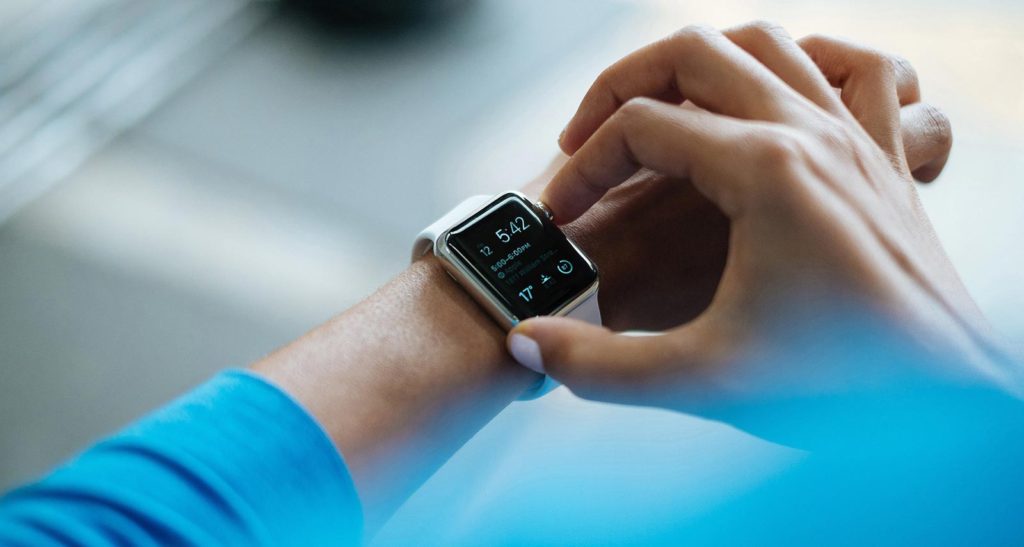YOUR BIOME REPAIR ESSENTIALS
Your intestinal track uses smooth muscle to push food along in doing its work. As with any muscle in the body exercise maintains, and strengthens it.
Fiber is the best way to exercise this important part of the digestive track. Most of us eat only 10-15 grams of Fiber each day. This is not enough and we recommend a minimum of 25 grams to maintain the physical needs of the intestine.
ALSO
The microbiome bacteria digest fiber and produce beneficial vitamins, antioxidants, and needed components assisting in our immune process.
New superbugs are here now. Antibiotic treatments of the past are no longer working. Partnering and caring for our microbiome friends has become crucial if you are going to fight off both infectious and chronic diseases.
The average adult body is between 55 and 60 percent water. The daily amount of water needed to sustain and balance your health is 2500 millilitres.
Most adults do not drink enough water resulting in dehydration, and disruption of the microbiome balance that leads to disease.
We recommend using your cellphone, fitbit or any reminder device to drink enough water as part of your Return to Health Program.
The majority of fruits are considered to be alkaline producing foods. Anything with a pH greater than 7 is considered to be alkaline and is non-acidic. When it comes to foods, it is not the acid in the food that matters, but rather what occurs in your body once the food is consumed. For example, citrus fruit flesh and juice are acidic, but in your body they are alkaline-producing foods. Lemons, limes, avocados and kiwi are categorized as highly alkaline fruits and are therefore non-acidic. Other non-acidic fruits include bananas, cantaloupe, apples, coconut, grapefruit, grapes, oranges and watermelon.
Berries, which belong to the fruit group, are often found to be non-acidic and have an alkaline pH level. Strawberries, blackberries, black currants, raspberries and red currants are all non-acidic berries. Most berries will have a pH greater than 7. Exceptions are cranberries and blueberries, a couple of the few types of berries classified as acidic.
The majority of vegetables contain an alkaline pH level and do not generate acids when consumed. You may need to be wary of some canned, frozen or pickled vegetables, however, since processing and packaging can change the pH level of these vegetables to become acidic. You don’t need to worry about changes in pH level with fresh vegetables. Asparagus, broccoli, cucumbers, kale, beets, carrots, cabbage, Brussels sprouts, celery, lettuce, peppers, collard greens, pumpkin and onions are non-acidic vegetables.
Biome Repair is a FREE community service of Carrier Free Health. Clients buy their own foods, and test strips from any local / internet sources.


Founded 2007
Is the Health Project of Carrier Free LLC.
Having identified over 100 Man Made Diseases linked to the new foods we eat Carrier Free started Biome Repair as a way to combat these illnesses.

To do no harm.

Our mission is to better your health, and improve your relations with all parties to that end.

We will report on the latest finding in the Microbiome to help all understand its impact on your health.
Speading the Word

